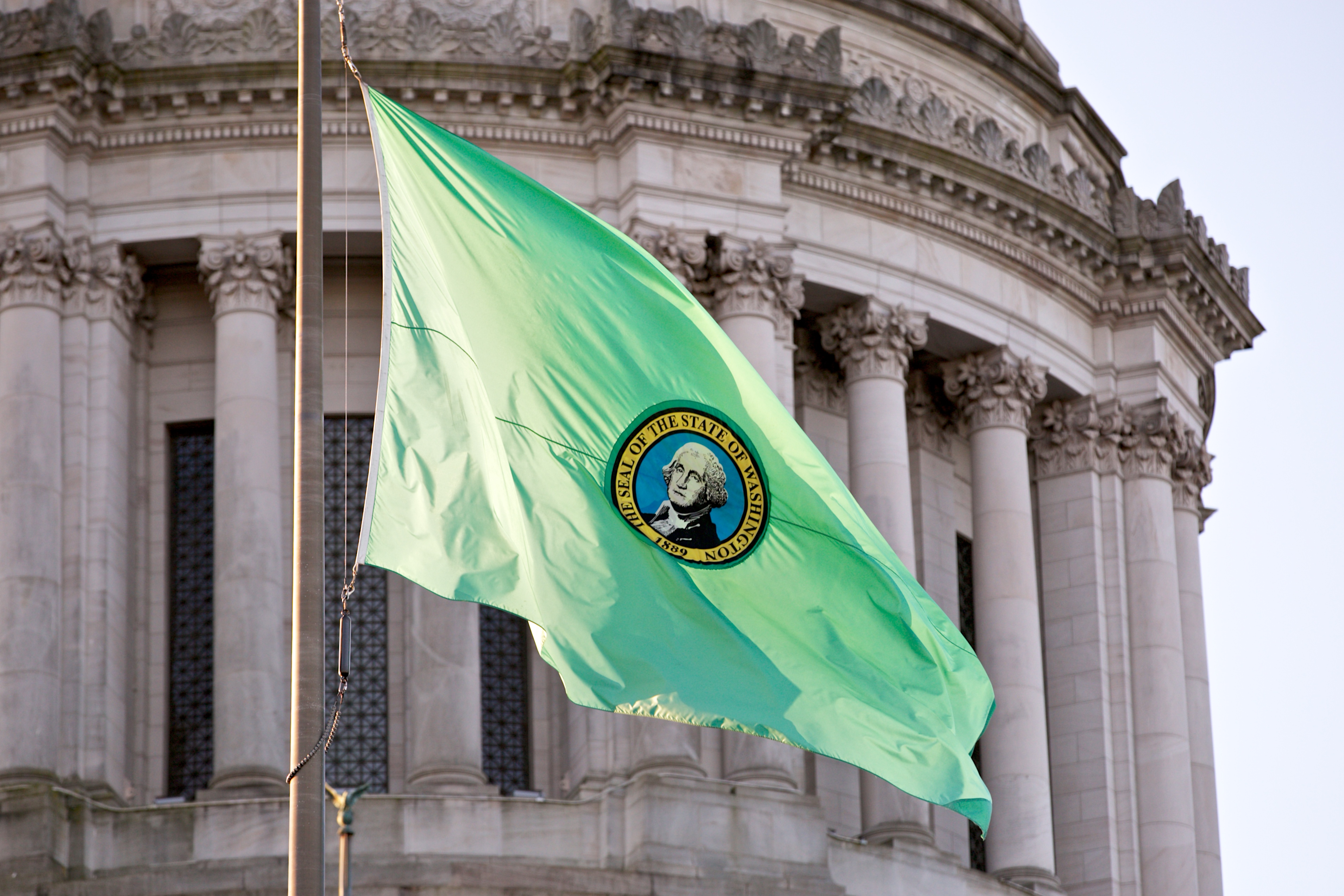Republican leaders in the state Legislature say lawmakers need to meet next month to deal with emergency issues related to public health, Washington’s economic recovery and the state budget, all stemming from the COVID-19 pandemic.
“When the Legislature adjourned in mid-March the public-health crisis related to COVID-19 was still emerging. Now there’s an economic crisis and a budget crisis in addition to the ongoing public-health crisis. The Legislature can respond to this larger emergency in ways the governor can’t, and Senate and House Republicans believe that needs to happen in June before the new budget takes effect,” said Sen. John Braun, budget leader for the Senate Republican Caucus.
“The Legislature has been kept on the sidelines for more than two months while the governor exercised emergency powers long past the time when his original goal of “flattening the curve” was realized and hospital resources were not overwhelmed,” said Sen. Mark Schoesler, Senate Republican leader. “Republicans have listened to the people and looked at the data and have seen what the micromanagement by the executive branch is doing to our communities. It is time for the legislative branch to intervene.”
The two senators say an emergency session would allow the Legislature to take actions to target specific public-health concerns related to the COVID-19 crisis, do more to help with the reopening of Washington’s economy, and address the substantial damage to the state budget caused by a stay-home order that still has at least 10 days to go. The list of Republican priorities also include ensuring the restart of school in the fall and ways to help the state’s manufacturing sector.
The timing of an emergency session is critical for minimizing the threat to important state-funded services and programs, said Braun, R-Centralia.
“Changes have to be made to the state budget because the state’s rainy-day fund isn’t large enough to entirely cover the projected revenue losses caused by the stay-home order,” he said. “That means the Legislature must act before budget changes take effect July 1, to pull back new spending and prevent more cuts to the vulnerable down the road.”
Schoesler, R-Ritzville, noted the governor’s “phased approach” to reopening the state economy won’t take full effect until mid-July at the earliest, which doesn’t acknowledge the economic realities facing the hundreds of thousands of working people across Washington who can’t earn a living and support their families without being present at a job site.
“I wish tax relief for employers could be our first option, but the state’s revenue situation makes that a challenge. The good news is that the Legislature can and should enact regulatory relief to reduce the overall cost of keeping jobs in our state and keep new regulations from Ecology and others from derailing the economic recovery. That’s a very reasonable approach to take, and the sooner it happens the better for the employers who are just trying to hang on and the hundreds of thousands of Washingtonians who have been put out of work through no fault of their own,” said Schoesler.
An emergency session also will enable lawmakers to address the fact that long-term care facilities became the epicenter of the COVID-19 pandemic in Washington. Data indicate the residents of these facilities represent an especially vulnerable population, yet that wasn’t reflected in the level of attention and support received from state government, the senators said.
In addition, meeting in June would let the Legislature direct school districts to resume regular in-building learning in fall 2020, unless there are extenuating circumstances. That would give districts all summer to get classrooms and schedules ready and related policies and plans in place.









